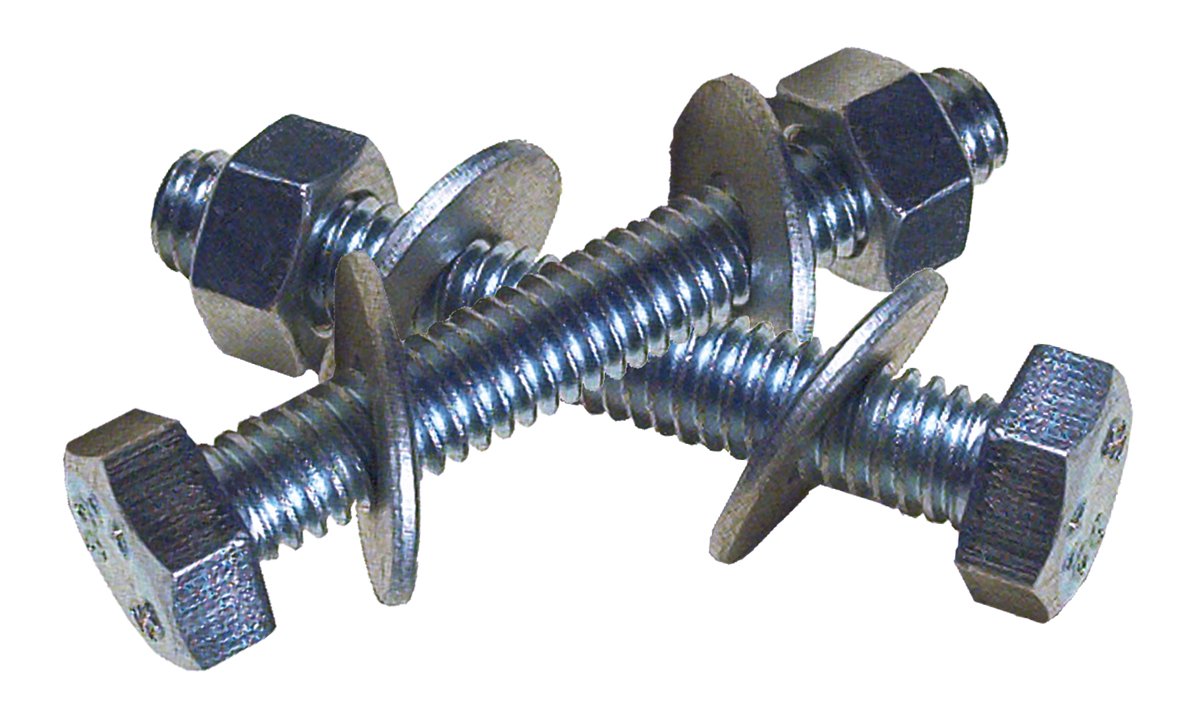Socket Head Screw
Socket Head Screw (sometimes known as Hex or Allen screws) are fasteners that are installed using a wrench or hex key. They’re often used in industrial settings and assembly lines.
They’re typically used in applications that require a higher tensile or shear strength than bolts. They also provide a flush look for areas with limited side-clearance.
Material
The built-in hexagonal drive of Socket Head Screws sets them apart from other screw types. They require a special wrench, called an Allen wrench or socket wrench. Some types of these screws have a tamper-resistant head that blocks removal without the proper tool. They also have an O-ring under the head that blocks leaks and seals out dirt.
These screws are made from high-quality alloy steel or stainless steel. They are cold formed, threaded, and heat treated. This process improves their tensile strength and hardness. They can be coated with black oxide, zinc yellow plated, or zinc-nickel plated for increased corrosion resistance.
Hexagon socket cap screws have a recessed, flat head with no protrusions that might catch skin or clothing. They are used with thin materials in light-duty applications free from vibration or high dynamic loads that might cause the screw to loosen. Some sizes have low-height cylindrical heads that prevent crushing thin or soft material.
Thread Pitch
Unlike other screw types that use a standard wrench, socket head screws require a special type of tool called an Allen wrench. They also have a built-in hexagonal center, which allows them to fit in tight spaces and apply a compressional or clamping force.
These screws are usually used in projects that don’t leave enough space for conventional wrenches and sockets. They can handle a lot of pre-load and will not loosen or fall off due to vibration or fatigue.
The thread pitch is typically 12 of the screw’s major diameter and the thread is rolled to ensure the proper alignment for fastening. The head may be plain or knurled at the manufacturer’s option. A hex socket head is also available that offers increased shear strength and higher tensile load bearing capacity than the regular one. This screw type is typically used in applications like power plants, machine tools, and automotive manufacturing.
Countersunk
Socket Head Screws have a countersunk screw head that sits flush with the material surface, leaving no protrusions to catch on clothing or equipment. This feature is often used in aeroplanes, rockets, and racing cars to avoid potential damage caused by friction between the fastener and a surrounding surface.
Other types of socket head cap screws include flat heads, button heads, and low-profile versions that are designed to accommodate different mounting positions. Button and flat heads have a larger head diameter to help distribute load, while low-profile versions are typically used in thinner materials where space is limited.
Socket screws are manufactured in specialty metals that are specifically adapted to diverse industrial demands. Patriot Bolt carries an extensive range of standard sizes in both metric and imperial measurements, as well as customized options made to order according to customer specifications. Routine inspection of these specialized fasteners helps to identify signs of wear, corrosion, or loosening, which can be prevented by regular cleaning and the use of appropriate lubrication.
Nylon Patch
While hex bolts are preferred for tight fits that require maximum clamping pressure, socket head cap screws offer a middle ground by providing improved performance in areas where side clearance is limited. The larger bearing surface of the cap screw allows for easier wrenching, and they’re recessed into a counterbored hole to prevent catching on things like skin or clothing.
They also have a nylon patch bonded to the threads to reduce loosening from vibration. They’re often used in machine and equipment parts where components need to rotate, slide or pivot.
Button or dome head socket screws have a wider hex than standard caps, and they’re smaller in height. They’re used in thinner materials where a finished appearance is important and when clearance is too limited for countersinking. They also deliver the same shear and tensile strengths as standard socket head cap screws, but they’re rated for lighter loads.

